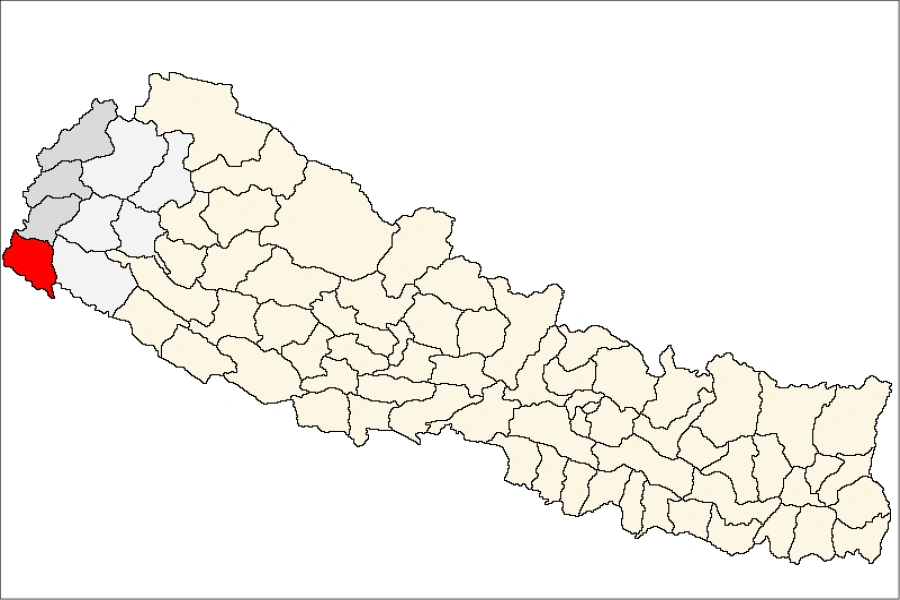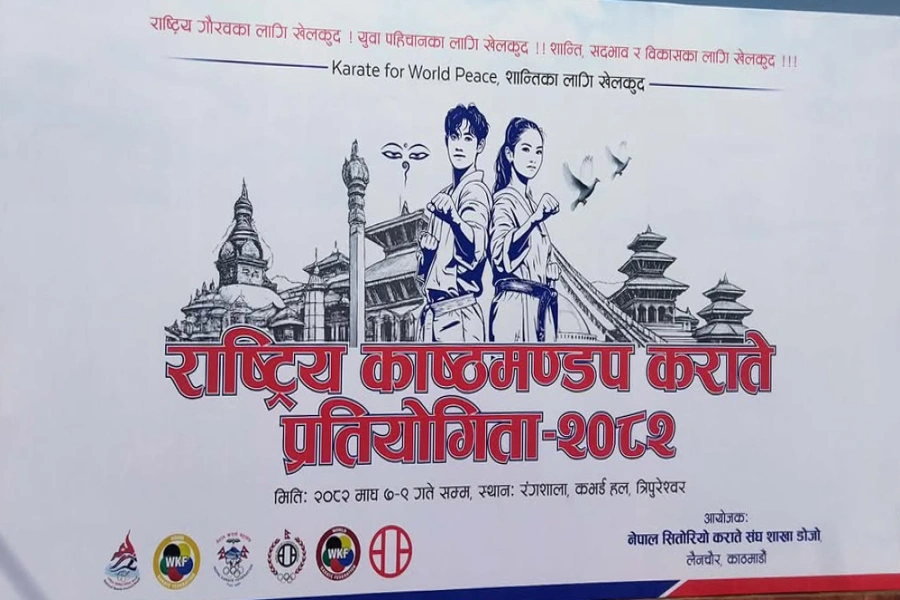KATHMANDU, Dec 7: If a woman wants to divorce her husband despite being treated properly by him, she may not necessarily get a share of his property once the bill to replace the Civil Code is endorsed. The bill is currently under discussion in Parliament.
A report submitted to the Bills Committee by a sub-committee on Tuesday proposes revision on the Civil Code over this and other issues. The sub-committee has also revised the name of the code to National Civil Code.
This repost has likely suggested a provision allowing a husband to directly approach the courts if he wants a divorce. The existing Civil Code allows women to directly approach the courts for a divorce, but does not allow their husbands to do likewise. Men have to apply for divorce at the village development committee or municipality and then wait for one year.
"Keeping in view the fact that men are being victimized because of the unequal provisions of the law, we have suggested more equal provisions," said sub-committee coordinator Radheshyam Adhikari. "A woman will get a share of the husband's property either if the treatment by her husband is found to be intolerable or the husband himself seeks a divorce in spite of the wife being of proper conduct."
- Men also can directly file for divorce
- 20 proposed as minimum age of marriage for all
- NRNs would have property rights in Nepal
- Will system for paternal property after 16 years
The proposed revision also suggests providing a one-year reconciliation or cooling-off period if the wife or husband declines a divorce. "But if both agree to a divorce, the court may allow them to separate within a day," he said.
Proposing an amendment to the minimum marriageable age for females, which is 18 in the existing law, the sub-committee has stated that both males and females must be at least 20 years old.
Additionally, the report has added a new chapter from 'private international law', which allows a foreign national to get married within the territory of Nepal under the domestic law of this country, whatever the limitations or freedoms in his or her own country.
"We have also proposed a separate law to allow LGBTI to get married in Nepal, after taking suggestions from LGBTI organizations," said Adhikari.
Landmark legal reform bills passed

Likewise, individuals having Non Resident Nepali (NRN) identity cards won't be barred from purchasing or selling property within Nepal. The existing provision bars NRNs from purchasing more than two ropanis of land in Nepal.
"We have proposed a flexible provision as the new Constitution already provides equal rights to NRNs except on political issues," said Adhikari.
Making changes to the establishment, operation and beneficiaries of any trust, the sub-committee has proposed that any trust to be established in future should have separate entities as patrons, the operating team and the beneficiary. "After the enactment of this law an individual will be barred from becoming patron, operator and beneficiary all at the same time," said a committee member.
The sub-committee has also revised a proposed provision on the sharing of paternal property. According to the report of the sub-committee, parents will not be obliged to transfer property to their children after 16 years of the enactment of this law. Earlier, the bill to revise the Civil Code had proposed the implementation of a will system for paternal property after 10 years of the enactment of the new law.
Likewise, relatives can claim the property of forebears of up to three generations only if the revisions proposed by the sub-committee are endorsed intact. The Civil Code provides that kin down to the seventh generation can claim the property of a childless family after it dies out.





































